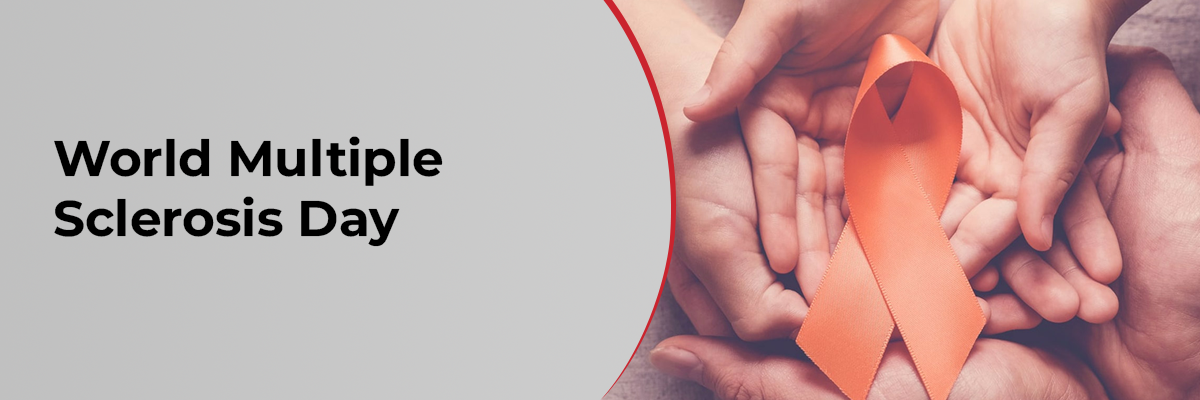
 IJCP Editorial Team
IJCP Editorial Team
World Multiple Sclerosis Day
World Multiple Sclerosis Day is observed on the 30th of May each year and aims at raising awareness and garnering support for individuals affected by this debilitating illness.
Multiple sclerosis (MS) is an autoimmune disease severely affecting the central nervous system (CNS). It is among the most prevalent CNS diseases, impacting approximately 2.8 million individuals worldwide. MS impairs mobility, coordination, and even vision.
The disease can affect individuals at any age but is most common among women and adults between 20-40. Its causes remain unclear, and adequate research and definitive treatments remain lacking. Certain infections, such as Epstein-Barr, the virus responsible for infectious mononucleosis, may be associated with MS. Other factors that may increase the risk include low levels of vitamin D, inadequate sunlight exposure, obesity, smoking, and certain autoimmune diseases like thyroid disease, pernicious anemia, psoriasis, type 1 diabetes (T1D), or inflammatory bowel disease (IBD).
Although its severity may vary, the condition interferes with a person's day-to-day tasks and significantly mars the quality of life. Proposedly, the disease renders communication between the body and the brain dysfunctional; thus, it leads to difficulties in coordinating bodily functions. Moreover, MS is associated with a considerable public health burden and imposes a substantial economic impact on individuals and their families.
Dr. Kapil Agarwal, Senior Consultant and Head of the Department of Neurology at Marengo Asia Hospitals in Gurugram, discusses the symptoms, causes, and treatment options for this chronic disease affecting the CNS.
Symptoms of MS include:
• Numbness or weakness in one or more limbs on one side of the body
• Difficulty walking
• Fatigue
• Unexplained vision problems such as double vision, blurred vision, or vision loss
• Tingling sensations
• Muscle stiffness or spasms
• Pain in various body parts
• Depression
• Memory problems
• Vertigo
• Sexual dysfunction
• Bowel and bladder dysfunction
• Slurred speech
• Cognitive impairments
• Seizures
Diagnosing MS involves a physical examination, blood tests, and imaging tests like MRI. In some cases, nerve function tests may be advisable – which entails measuring electrical activity in the brain and spinal cord.
Treatment options for MS now include newer immunomodulator therapies; oral medications are available. Managing MS symptoms involves maintaining physical fitness and strength.

IJCP Editorial Team
Comprising seasoned professionals and experts from the medical field, the IJCP editorial team is dedicated to delivering timely and accurate content and thriving to provide attention-grabbing information for the readers. What sets them apart are their diverse expertise, spanning academia, research, and clinical practice, and their dedication to upholding the highest standards of quality and integrity. With a wealth of experience and a commitment to excellence, the IJCP editorial team strives to provide valuable perspectives, the latest trends, and in-depth analyses across various medical domains, all in a way that keeps you interested and engaged.










.jpg)








.jpg)

Please login to comment on this article